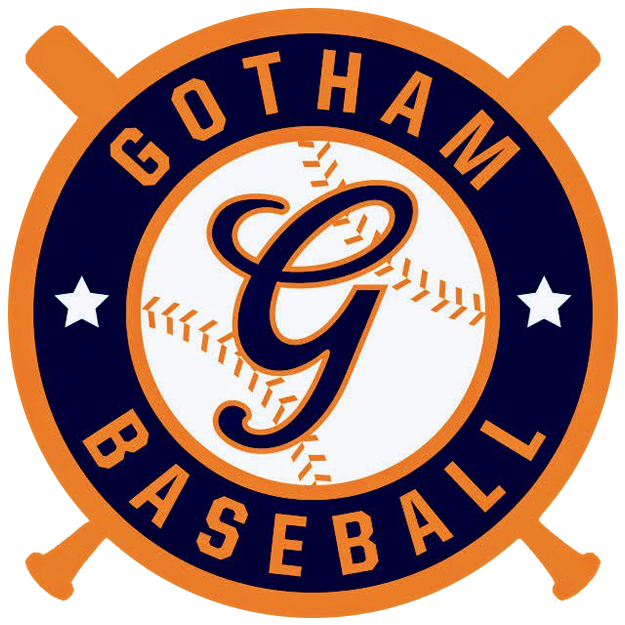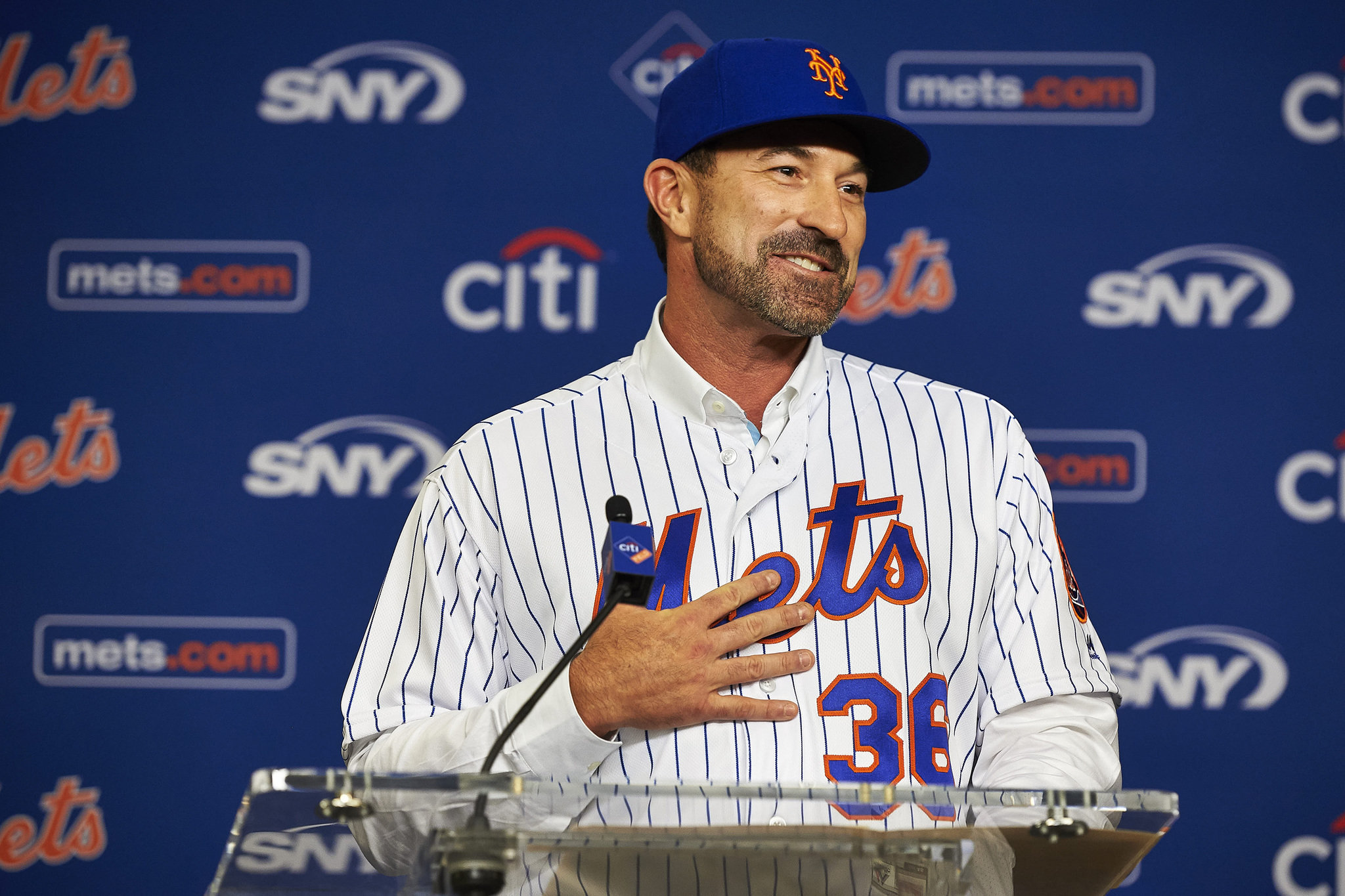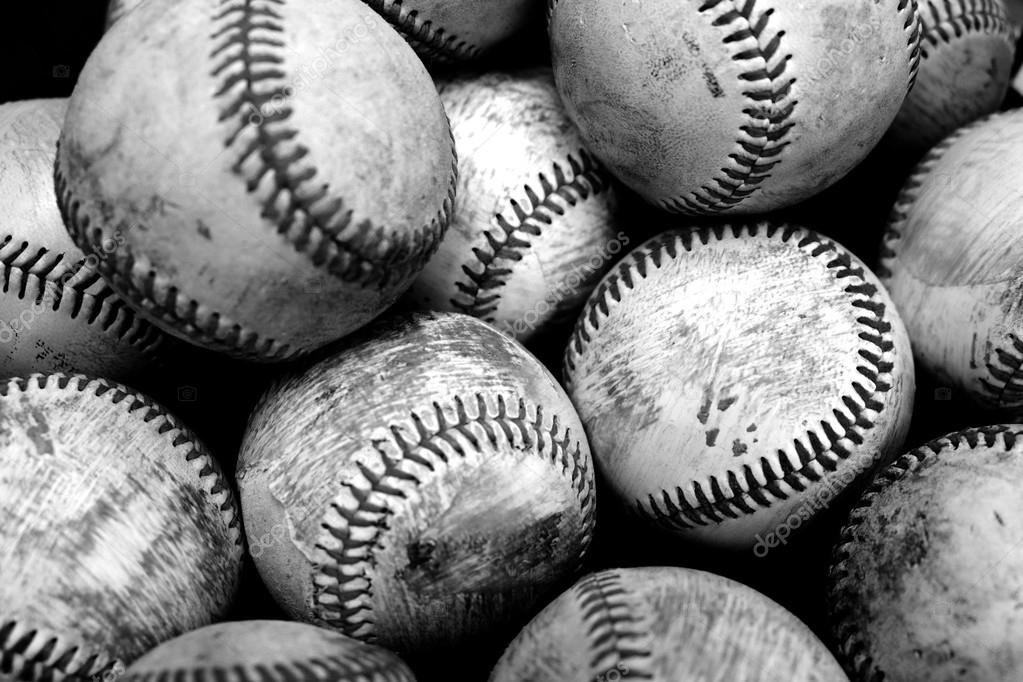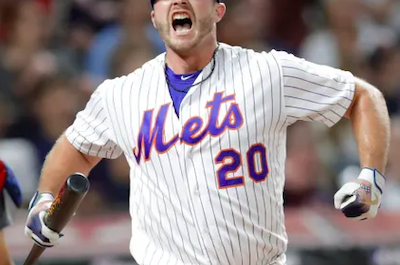The Mets paid a visit to Derek Jeter’s baseball home and didn’t even come away with a gift basket. A three-game sweep at the hands of the worst baseball team in recent years has the fans and the media pointing fingers, and pitchforks, but what does it all mean?
For starters, let me just state that I rarely root for a manager to be fired, or a player to be released, or any other way in which a professional loses employment. Sure, I get frustrated and try to assign blame and even associated consequences. Really though, firing a manager as punishment often has little to do with improving the team, which is really what I want. I bring this up because the Mets recent shortcomings have gone from frustratingly disappointing to maddeningly inept, and with that, manager Mickey Callaway’s seat has gone from warm to hot. At the moment, his firing seems inevitable, but for those who want to see someone pay for the way the team has played (or pretended to play) recently, let’s first evaluate what difference it could make.
Much has been written about the role of the baseball manager and the potential impact that a manager has on a team’s success. When a team is falling short of expectations despite liking their leader, you might hear players offering a reminder that the manager is not the one responsible for the play on the field. True as this may be, it’s also confusing to underestimate the role the manager plays in the team’s outcome. There are too many managers in baseball history held in high regard to really believe that they don’t make a difference.
A manager’s job can basically be divided into two main categories: Player Management and Game Management. Let’s give some definition to these and see how Callaway shapes up.
Player Management: Managing a team of ballplayers essentially consists of clearly defining player roles, maintaining clubhouse harmony, protecting players from media scrutiny, applying appropriate discipline when necessary, and ensuring player focus and drive.
Coming into this season, the Mets depth was considered a positive, and while finding a suitable amount of playing time was expected to be tricky, it was understood that certain players would have new positions, and new roles, from what they had previously experienced. Jeff McNeil was going to play more outfield and third base than his original Mets position, second base. Similarly, Todd Frazier was brought to this team to take over (in some regards) for future Mets Hall of Famer, David Wright (to be clear that’s the Mets Hall of Fame, not necessarily the Baseball Hall of Fame). Now, Frazier is a backup third baseman, and even that seems to be somewhat tenuous. Point is the Mets roster was one build on role flexibility, and while there is certainly a measure of inconsistency to their roles, the basic approach has been adequate. That said, the inconsistency around Callaway’s lineups look less matchup based than they do coin-flip based. I realize that the evolution (or devolution) of baseball hitting has brought with it a new approach to baseball lineups, Callaway’s approach comes across as haphazard and full of guesswork. That must be a challenge for the players. Even if you think it shouldn’t be, the results suggest that it is.
For the most part, it does seem that the Mets clubhouse is fairly harmonious. Social media seems to suggest an impressive level of camaraderie between the players. Then again, social media also suggests that everyone I know is happy, exercising, and constantly eating beautiful-looking food. That said, New York media is quick to find and exploit any stories of inner-team strife, so if we’re not hearing of any, there either isn’t any, or Callaway is doing a great job of protecting his team. Along those lines, Callaway does address the media regularly, and does absorb much of the ire that’s thrown towards Flushing, so in this regard he’s been great.
When it comes to discipline, Callaway’s track record is mixed. Last season, when Dominic Smith missed a morning team meeting prior to the team’s first spring training game, he was benched, despite the fact that he was competing for an opportunity to make the team. On the flip side, much has been made of Callaway’s reluctance to take any action against Robinson Cano, whose well-known laid-back approach (to put it in a Cano-friendly way) has stood out recently. Perhaps Callaway handles things differently with veterans. Perhaps he’s really good at keeping things behind closed doors that the fans and the media have no idea how he’s treating these situations. Or, perhaps, Callaway’s approach is inconsistent and confusing. I’m sure when they’ve been winning we’d lean toward the former, and more recently, the latter.
What’s been most troublesome for the Mets this season has been a perceived lack of focus or drive. This past weekend’s disaster of a series showcased a team that looked like they were just going through the motions. I’m sure we’re going to hear that they’re pressing, which seems to come automatically with any prolonged slump. There are plenty of veterans on this team who should know how to handle a slump by now, or really, should know not to press when slumping, so that excuse doesn’t carry much weight anymore. In the classic 1989 film (at least I think it’s classic) Major League, the Cleveland Indians rally around the notion of sabotaging the owner’s plan to field a losing squad. More specifically, they remove sections of clothing from a cutboard cutout image of the owner, a former Las Vegas showgirl (it is an R-rated movie, after all) for each win, using this as a form of motivation. Now, I’m certainly not suggesting that the Mets do this with an image of Fred, or Jeff, Wilpon. However, the team certainly seems uninspired, and this is an area where Callaway appears to be falling short.
Evaluating a manager’s in-game management is generally a bit tougher. In these days of infield over-shifting, 12-man pitching staffs, and slugging being held in higher regard than strategizing, it’s hard to properly evaluate a manager’s moves beyond the results of the team. True as that may all be, there has been a good deal of head-scratching decisions, or indecisions, during Callaway’s regime. Of course, there was the infamous lineup card mishap last season. More recently though, there was some curious non-use of the team’s newest and arguably best reliever, Edwin Diaz. Similarly, there have been some overused, underused, and misused pitchers in the bullpen. During the offseason, the Mets hired former manager Jim Riggleman to be the team’s newest bench coach, and to tutor Callaway on in-game decisions. Either the teacher isn’t so great or the student is slow to learn. Either way, the results just aren’t there.
In 2008, the Mets fired manager Willie Randolph after a 34-35 record and replaced him with Jerry Manuel. Under Manuel, the Mets went 55-38, finishing the season at 89-73, which was just enough to break fans’ hearts (another story for another time). It did seem that Randolph was at least part of the team’s issue through the first 69 games. More importantly though, based on the results, Jerry Manuel proved to be the appropriate antidote. I am ill-equipped to determine if the Mets should dismiss their manager, and I think that can be said for most people, even the loudest ones on either side of the argument.
What I can tell you is that I truly believe this team is better than its record. About 25 years ago, the band Pearl Jam came out with their much anticipated third album, Vitalogy. While the album was alright, it was not held in the same ridiculously high regard as the band’s first two outputs. To paraphrase an oft-referred to description of the album, it was a collection of great songs on a disappointing record. Along those lines, this Mets team is a collection of very good players, and still the results aren’t there. If Callaway is going to be the one to steer things back on course, he’s going to have to adjust some of his current ways, and focus on maintaining consistency and drive. If it turns out not to be Callaway at the helm, it had better be someone who understands what this team has been doing wrong and knows how to fix it.



